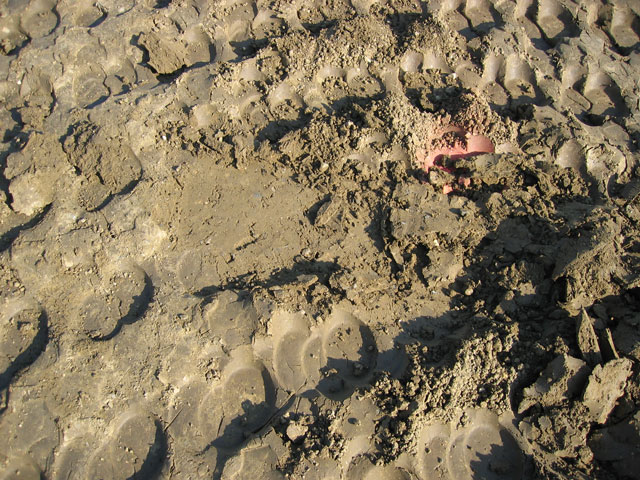Researchers
Ken Bergeson
Charles Jahren
David White
About the research
This report describes test results from a full-scale embankment pilot study conducted in Iowa. The intent of the pilot project was to field test and refine the proposed soil classification system and construction specifications developed in Phase II of this research and to evaluate the feasibility of implementing a contractor quality control (QC) and Iowa DOT quality assurance (QA) program for earthwork grading in the future.
One of the primary questions for Phase III is ?Was embankment quality improved?? The project involved a ?quality conscious? contractor, well-qualified and experienced Iowa Department of Transportation field personnel, a good QC consultant technician, and some of our best soils in the state. If the answer to the above question is ?yes? for this project, it would unquestionably be ?yes? for other projects as well. The answer is yes, the quality was improved, even for this project, as evidenced by dynamic cone penetrometer test data and the amount of disking required to reduce the moisture content to within acceptable control limits (approximately 29% of soils by volume required disking). Perhaps as important is that we know what quality we have. Increased QC/QA field testing, however, increases construction costs, as expected. The quality management-earthwork program resulted in an additional $0.03 per cubic meter, or 1.6%, of the total construction costs. Disking added about $0.04 per cubic meter, or 1.7%, to the total project costs. In our opinion this is a nominal cost increase to improve quality. It is envisioned that future contractor innovations have the potential for negating this increase.
The Phase III results show that the new soil classification system and the proposed field test methods worked well during the Iowa Department of Transportation soils design phase and during the construction phase.

